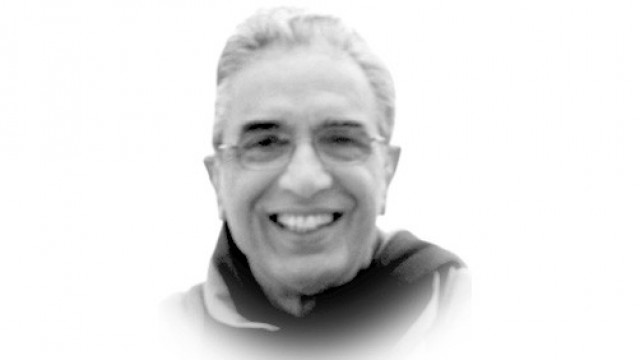A judge is known...

I am talking of a US Supreme Court judge, Justice John Paul Stevens, who announced last month his intention to retire after 34 years. He has just turned 90 and, reportedly, finds time to play a set of tennis before starting his day at the court. When asked if he played with his law clerks (young law graduates assisting judges with research and writing opinions), he said, "No, they are not very good". The US Supreme Court has only 9 judges and they are appointed for life. Usually, the only time judges hit the news headlines, other than when they are nominated to the court, is when they retire or write an important or memorable opinion or dissent.
Nomination of a judge and the confirmation process through the Senate lasts for months, and is the time when an intense debate takes place in the media on the qualifications of the nominee. Every aspect of the nominee’s public and private life is probed and questioned by the media during the confirmation process. Even a whiff of impropriety or scandal in a nominee’s background could kill the nomination. However, once a judge is confirmed and sworn in, they disappear from the news. The media does not unnecessarily talk about or on behalf of the judges, nor are they ever seen on TV making speeches or talking to reporters.
So when Justice Stevens finally announced his decision to retire, he occupied a substantial space in the media for almost a week. The New York Times, recalling Justice Stevens’ courteousness to the lawyers appearing in the court, wrote that whenever eliciting information or making a point, he would typically interrupt the lawyer with the gentle preface, “May I ask you a question?”
Another interesting incident that was recounted: During William Rehnquist’s tenure as chief justice, in 1999, a lawyer appeared before the court for the first time. She was nervous. One of the judges asked her a question. The lawyer responded, “Well, judge…” but Chief Justice Rehnquist interrupted her saying: “That’s Justice Kennedy”. A few minutes later, she responded to another judge saying, “Yes, Judge.” Chief Justice Rehnquist corrected her again: “That’s Justice Souter.” A little later, she called Chief Justice Rehnquist himself a judge. The chief justice leaned forward, and said sternly, “Counsel is admonished that this court is composed of justices, not judges.” Before the lawyer could say anything, Justice Stevens interjected: “It’s okay, counsel. The constitution makes the same mistake.” (The US constitution uses the word judge for the Supreme Court justices.) Justice Stevens was nominated to the Supreme Court by a Republican president, Gerald Ford, in 1975. Over the years, however, he became a leading liberal on the court. When someone asked him how he changed from being a conservative to a liberal, he said he didn’t change, it was the court that had become more conservative.
In 2000 in the Bush-Gore presidential contest when the Florida Court ordered a manual recount of votes in the state, Bush petitioned the Supreme Court, which stopped the recount by a 5-4 decision, thus handing a victory to Bush by the narrowest of margins in US history. Justice Stevens wrote a scathing and memorable dissent: “Although we may never know with complete certainty who won the 2000 presidential election, the clear loser was the nation’s confidence in the judge as an impartial guardian of the rule of law.” I wonder if Justice Stevens, now that he is retired, would be amenable to a stint on a bench in Pakistan.















COMMENTS
Comments are moderated and generally will be posted if they are on-topic and not abusive.
For more information, please see our Comments FAQ